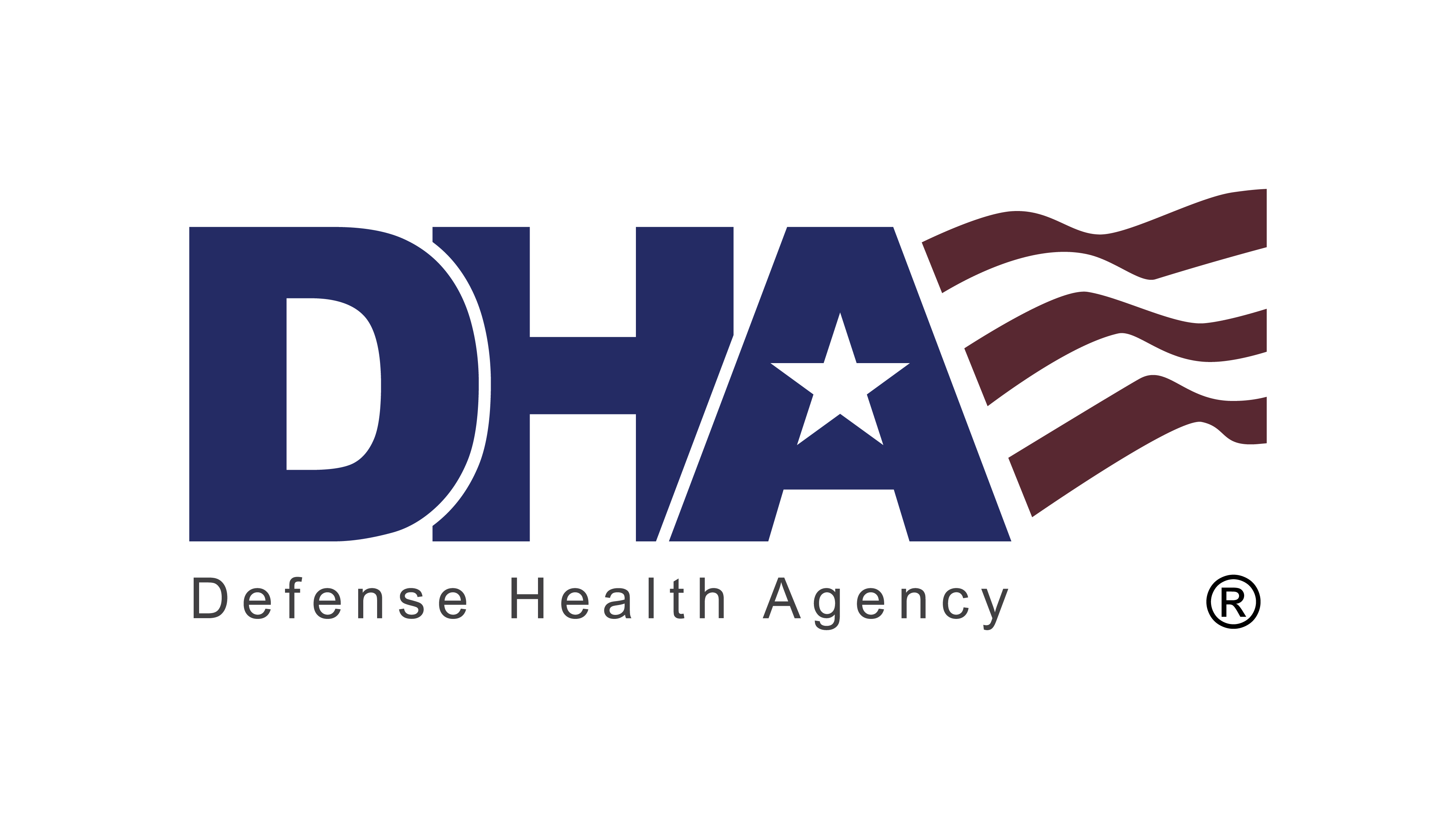Jan. 08, 2025 | By Defense Health Agency Communications
As the Military Health System continues its mission to deliver high-quality health care to service members, retirees, and their families, it must also prepare for a future driven by innovation.
“In 2024, the Department of Defense and the MHS made significant progress in laying the foundation for integration, adoption, and use of trustworthy artificial intelligence in military medicine,” said Ms. Seileen Mullen, the acting assistant secretary of defense for health affairs. Key accomplishments include:
Comprehensive Inventory of AI Use Cases
In January 2024, the Office of the Assistant Secretary of Defense for Health Affairs completed a comprehensive inventory of AI use cases across military medicine. This initiative identified over 120 active projects, spanning areas such as machine learning and predictive models for mental health, image processing for radiology, genomics and omics, natural language processing to streamline the review of clinical notes, and multiple generative AI applications for training and education.
“The inventory coordinated through my office highlighted the breadth and depth of advanced analytical applications already underway to support the health and readiness of our beneficiaries,” said Mullen.
Strengthening AI Collaboration
The spring of 2024 saw significant progress in fostering collaboration with internal and external government agencies, including the Department of Health and Human Services, the Department of Veterans Affairs, and the Food and Drug Administration.
“These partnerships were critical to make sure the MHS remains aligned with broader federal AI initiatives,” stated Mullen.
In addition, regular coordination meetings with the DOD Chief Digital and Artificial Intelligence Office, the Defense Health Agency, and the Uniformed Services University of the Health Sciences created a unified approach to AI innovation in military medicine.
Policy and Strategy
In the summer of 2024, HA, in collaboration with USU, finalized the MHS Digital Health Strategy. This strategy outlined a comprehensive plan to integrate digital health and AI technologies into military medicine, focusing on improving patient outcomes, operational readiness, and system efficiencies.
By fall, HA released the memo, “Planning Guidance for Artificial Intelligence in Health Care.” This document highlights seven key areas to serve as priorities for the soon-to-be established digital health policy council, a key pillar of the MHS governance structure.
Responsible Use of AI
During the fall of 2024, HA, in collaboration with the DOD CDAO, completed the generative artificial intelligence "red teaming" exercise. This effort aimed to identify potential vulnerabilities, biases, and risks associated with these systems in the context of military medicine. Over 200 participants, including clinical providers and health care analysts from the DHA, USU, and the services participated in the exercise, which compared three of the most popular large language models. The exercise uncovered over 800 findings of potential biases and vulnerabilities related to using these capabilities for clinical note summarization and as a medical advisory chatbot.
“These findings will play a crucial role in shaping DOD policies on the implementation of responsible AI in military medicine,” said Mullen.
Looking Ahead to 2025
Leveraging the groundwork laid in 2024, the MHS will focus on operationalizing AI technologies, integrating AI into clinical workflows, and demonstrating the tangible impact of AI on military medicine.







